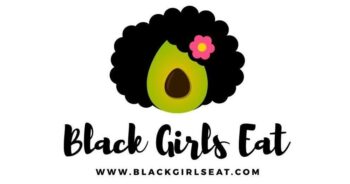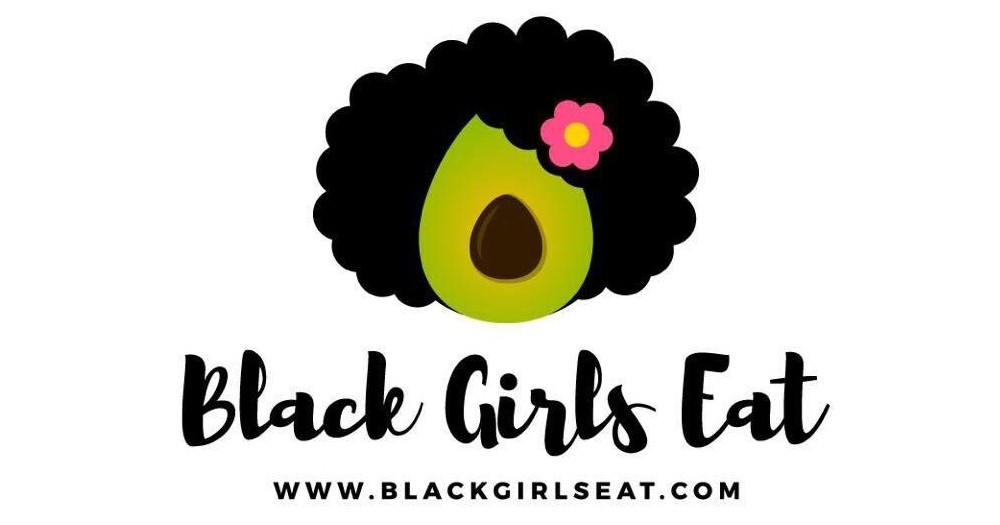Plant-based vs. vegan diet plans are on a lot of minds. If you’ve been curious about going plant-based, chances are you’ve come across the word “vegan” more than once. While people often use the two terms the same way, there are important differences. Knowing the difference can help you see where you might feel most comfortable on your journey.
Let’s get into it.
What Does Plant-Based Really Mean?
A plant-based diet is mostly focused on eating whole foods that come from plants. People who follow a plant-based lifestyle put plants first. They may sometimes have animal products like dairy, eggs, and honey. But for the most part, their plant-forward menu includes:
- Vegetables
- Fruits
- Whole Grains
- Legumes (Beans, Lentils, Chickpeas, etc.)
- Nuts
- Seeds

I have found that focusing on plant-based nutrition is very personal and not as strict as other meal plans. Here at Black Girls Eat, we are all about getting more fruits, grains and veggies on your plate. That means remixing old recipes and exploring new foods.
What is a Vegan Diet?
Trying to get handle on the differences between plant-based vs. vegan food can be confusing. So here we go. A vegan diet is one that does not include any animal products. That includes seafood. You can think of it this way. A vegan diet does not include any food that comes from anything that ever had a face or a parent. That means:
- No meat
- No fish/shellfish
- No eggs, cheese, milk or other dairy products
- No honey
- No gelatin or collagen (usually made from animal products)
But understand that being vegan is more than just a diet. Vegans make daily choices to avoid harming animals in all parts of their lives. These choices can include not wearing leather products and avoiding makeup and skin products that have been tested on animals.

Don’t worry about the labels. Don’t feel compelled to identify as plant-based or vegan. The most important thing is that you are headed toward a meal plan that is rich in fruits, grains, veggies and not heavily focused on the foods that cause harm.
Plant-Based vs. Vegan: A Note About Processed Foods
People who are following a whole foods plant-based diet are often avoiding processed foods. Processed foods are foods that have been modified from their original form. They are often heavy in sugar, salt and fat. Some popular processed foods include sugary drinks, energy drinks, meat products, vegan meats, potato chips and snacks.
But not all processed foods are dangerous. And most foods go through some kind of process. Canned tomatoes and whole wheat bread are examples of processed foods that I enjoy.
Which One Is Right For You?
Now that you have a better understanding of plant-based vs. vegan diet plans, which one is right for you? Consider this:
Choose Plant-Based Nutrition If You:
- Want to expand your menu with new fruits, grains and vegetables
- Are looking to eventually reduce or remove animal products from your diet
- Are interested in seeing how a whole foods plant-based diet help you manage diabetes, heart disease, inflammation and/or weight.
Choose Vegan If You:
- Want to remove all animal products from your menu
- Are ready to embrace a lifestyle free of animal skins, animal testing, etc.
- Feel motivated by animal welfare and environmental issues.
Plant-Based vs. Vegan: You Don’t Have To Choose So Soon
Celebrate the fact that you are interested in making more nourishing food choices. Don’t let the battle between plant-based vs. vegan stop you from leaning in. Take it one step at a time. Start adding more fruits, grains and veggies to your plate at every meal. Consider participating in Meatless Mondays and explore new ways to bake without dairy products.
One big step that I took toward getting more plants on my plate was by starting a garden. I am so proud of my tomato and basil plants. Don’t worry about the labels. Don’t feel compelled to identify as plant-based or vegan. The most important thing is that you are headed toward a meal plan that is rich in fruits, grains, veggies and not heavily focused on the foods that cause harm.
LA is a plant-based advocate from the Bronx. She is currently studying to become a nutritionist. She deeply believes in the power of plants and is a big fan of shopping at the farmer’s market. Want to stay connected?
- Follow on Instagram @blackgirlseat
- Subscribe to the newsletter, Recipes & Random-Ish
- Shop with LA at the Black Girls Eat Shop on Amazon
- Take the easy five day email class, Introduction to Plant-Based Nutrition

